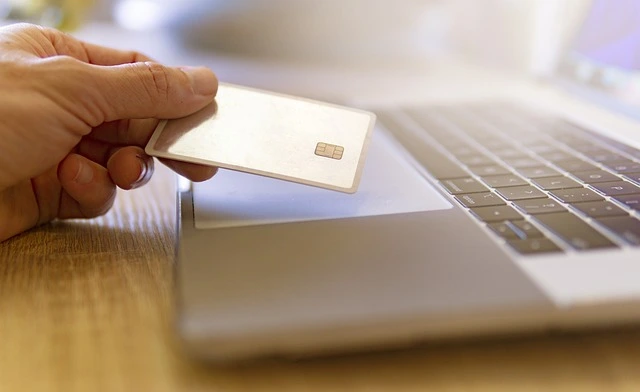CPAs who work with startups that perform research should be prepared to discuss this tax benefit with their clients, as the legislation could change.
The Inflation Reduction Act of 2022 was passed by Congress, and it included a provision to boost the maximum R&D Tax Credit from $250,000 to $500,000. CPAs who work with startups that perform research should be prepared to discuss this tax credit with their clients, as the law might double the maximum amount of credit available. However, it is unlikely that it will truly double the credit that the average company will receive.
Most businesses lack sufficient R&D to qualify for more than a quarter-million in payroll tax credits! As a result, while this legislation encourages research, it isn’t a game changer for most VC-backed firms.
Quick Reminder About the R&D Tax Credit
The R&D Tax Credit gives businesses that do “qualified” research and development in the United States a payroll tax credit. This credit offsets payroll taxes, allowing even loss-making firms to lower their tax burden while improving their cash flow. It is now the most important tax benefit for startups in the United States, and CPAs who work with venture-backed firms should be prepared to address it with their clients.
The credit is equal to 10% of eligible R&D and is limited to $250,000. The Inflation Reduction Act of 2022 raises this threshold to $500,000, allowing firms that meet the maximum to save half a million dollars on payroll taxes – a significant amount!
According to the IRS, “qualified” R&D is defined as research and development that passes a four-part examination. This four-part test consists roughly of:
- Qualifying purpose: Tinkering is not permitted; instead, the project must be specific and specified.
- Uncertainty elimination: The endeavor must legitimately advance the “science” of the company’s business or products.
- Experimental: The company must demonstrate that it is employing a scientific approach or a trial-and-error procedure.
- Technical: the project must be in the hard sciences, such as biology or engineering (however computer science/software engineering can count under certain conditions).
Many activities carried out by startup development teams, such as research after commercial production, studies and surveys, reverse engineering, and others, do NOT count under the IRS standards.
US wages, US-based contractors, supplies, and computer leases are examples of qualifying expenses. Non-US expenses are not included.
To receive the credit, Form 6765 must be submitted along with the federal tax return. Make sure your clients do not file their returns before attaching Form 6765 since they will be unable to amend the form and get the payroll tax credit!
The Inflation Reduction Act of 2022 and Startup R&D Tax Credits
The Inflation Reduction Act of 2022 will raise from $250,000 to $500,000 the maximum R&D tax credit that a startup can claim to minimize payroll taxes. Even unprofitable firms can benefit from this incentive because the tax credit is applied to payroll taxes, which lowers their burn rate.
However, the vast majority of early-stage enterprises will not receive an increase in credit amount. This is because the tax credit is computed based on the amount of R&D spent by the company, and most early-stage startups do not spend enough to even qualify for a $250,000 credit, let alone a $500,000 credit.
—————————————–—————————————————-
The tax laws are very complex. Our short blog articles cannot cover in full all the nuances of the rules. Your specific facts may hold various opportunities and possible risks that only trained, experienced, and highly qualified tax specialists can spot. We encourage you to find such help, rather than trying to figure it all out on your own. Consider giving this marketplace a try by posting your project and signing up here.
If you are a licensed tax professional and are interested in helping others either part or full-time, or ad hoc, come on in! Happy to have you. Our marketplace has the full suite of tools to communicate with clients including compliance calendars, task and message management, and billing. You can also quickly connect to knowledgeable colleagues who can complement your services with the ones you do not provide. Register here








